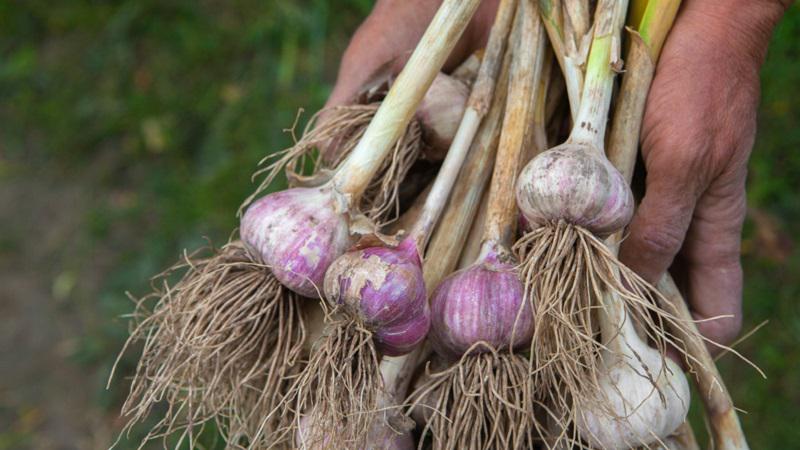
Agriculture Roundup for Friday March 10, 2023
MELFORT, Sask. – The Canadian Food Inspection Agency has sent out an advisory regarding the use of garlic in livestock feed.
CFIA said certain feed manufacturers are making insect repellent or fly control claims that feeds that are formulated with garlic control, protect against, or repel flies.
This includes the use of logos, symbols, acronyms and phonetic representations.
CFIA stated the only approved use for garlic in livestock feed is as a flavouring ingredient.


